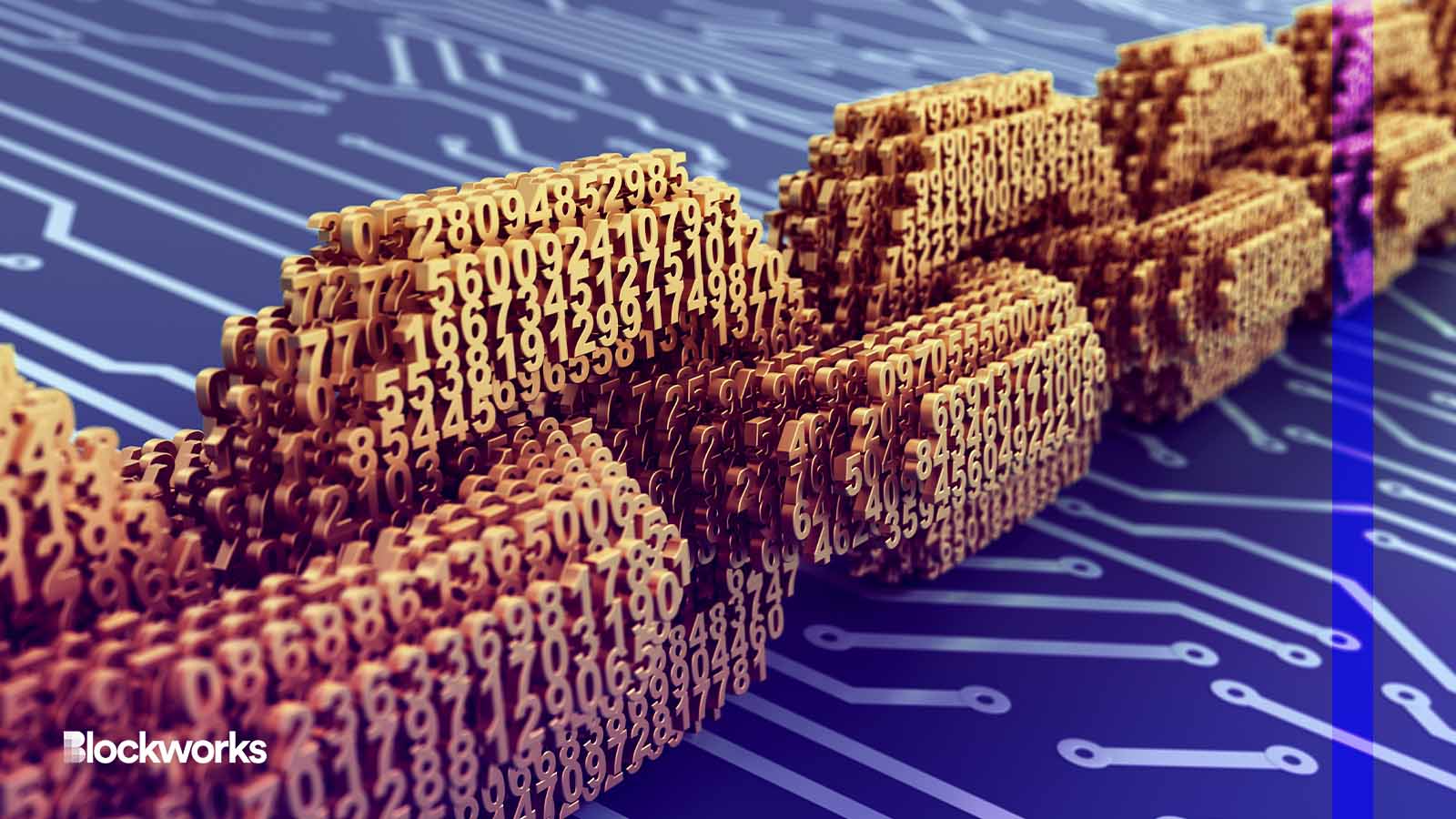Optimism Prepares for Its Largest Upgrade Ever
Bedrock will pave the way for Optimism to introduce a multi-client ecosystem

3Dsculptor/Shutterstock modified by Blockworks
Optimism’s Bedrock release is just around the corner, and this latest upgrade will set the foundation for Ethereum to eventually become a Superchain.
To put it simply, a Superchain is a set of chains that all share a software stack and have the same security properties that enable them to communicate and work together.
The implementation of Bedrock will significantly cut transaction fees and reduce deposit times to less than one minute. A two-step withdrawal process will also be introduced to ensure maximum security, Karl Floersch, co-founder of Optimism and CEO of OP Labs, told Blockworks.
The Optimism mainnet upgrade to Bedrock is scheduled to occur on June 6 at 12 pm ET and will shut down the network for roughly two to four hours — meaning any transactions, withdrawals and deposits will be paused during this time.
“This is a major milestone for the OP stack and getting us closer to the Superchain vision,” Floersch said.
What is the Superchain?
The Superchain vision conceptualizes a network of chains built on top of the OP stack. It will combine individual elements of bridging, governance, upgrades and cross-chain communication all into one single unified network.
“It is built in a way that is extremely amenable to Ethereum standards,” Floersch said. “The reason why it’s important for it to become a standard for L2s is because it enables us to have a multi-client ecosystem.”
Following Bedrock, anyone who is interested in building on Ethereum can run node software using either OP’s node or their own individual nodes without OP’s involvement.
“That is the essence of open source development,” he said. “Technological decentralization is not enough, we need social decentralization, we need multiple client implementations.”
Enabling modular-proof systems
Chains that build on top of the OP stack will share sequencing and standard-proof systems, enabling them to build a single scalable blockchain community on top of Ethereum, Floersch explains.
To guarantee that messages are securely sent between the different chains, multi-proof and modular-proof systems will come into play.
“Multi-proof is how we make sure that one proof is secure, so we have multiple fault-proof implementations that add redundancy to make sure that a message is never forged, but we also have modular proof, meaning that we don’t build these chains for a proof system, we use a proof system to prove the messages between the chains,” Floersch said.
This means that following Bedrock, both fault proofs and validity proofs will be available on the OP stack, enabling low latency passing between the chains.
To enable OP transactions to communicate with each other, a shared sequencing layer will also be present.
“If I have a transaction and I want to flash loan it, send it to one chain, transfer the token to a different chain and transfer it back all in one chunk, that’s what the shared sequencing provides,” Floersch said.
Vision for the future
Unlike the multichain vision, where applications are focused on deploying on their own chains, OP is hoping that it can build the standardized frameworks through Bedrock that enable developers to deploy things onto one Superchain.
“It’s not about modularity for heterogeneous fracturing of the community,” Floersch said. “It’s modularity so that the community can innovate and then upstream the innovations to the same OP stack.”
Ultimately, Floersch notes that OP hopes to create standards for the Ethereum community to build on and grow from.
“That is our primary focus,” he said. “We’re building entirely open source, it’s MIT licensed…we’re getting as many people building on it as possible and using it in different ways.”
Get the news in your inbox. Explore Blockworks newsletters:
- The Breakdown: Decoding crypto and the markets. Daily.
- 0xResearch: Alpha in your inbox. Think like an analyst.






